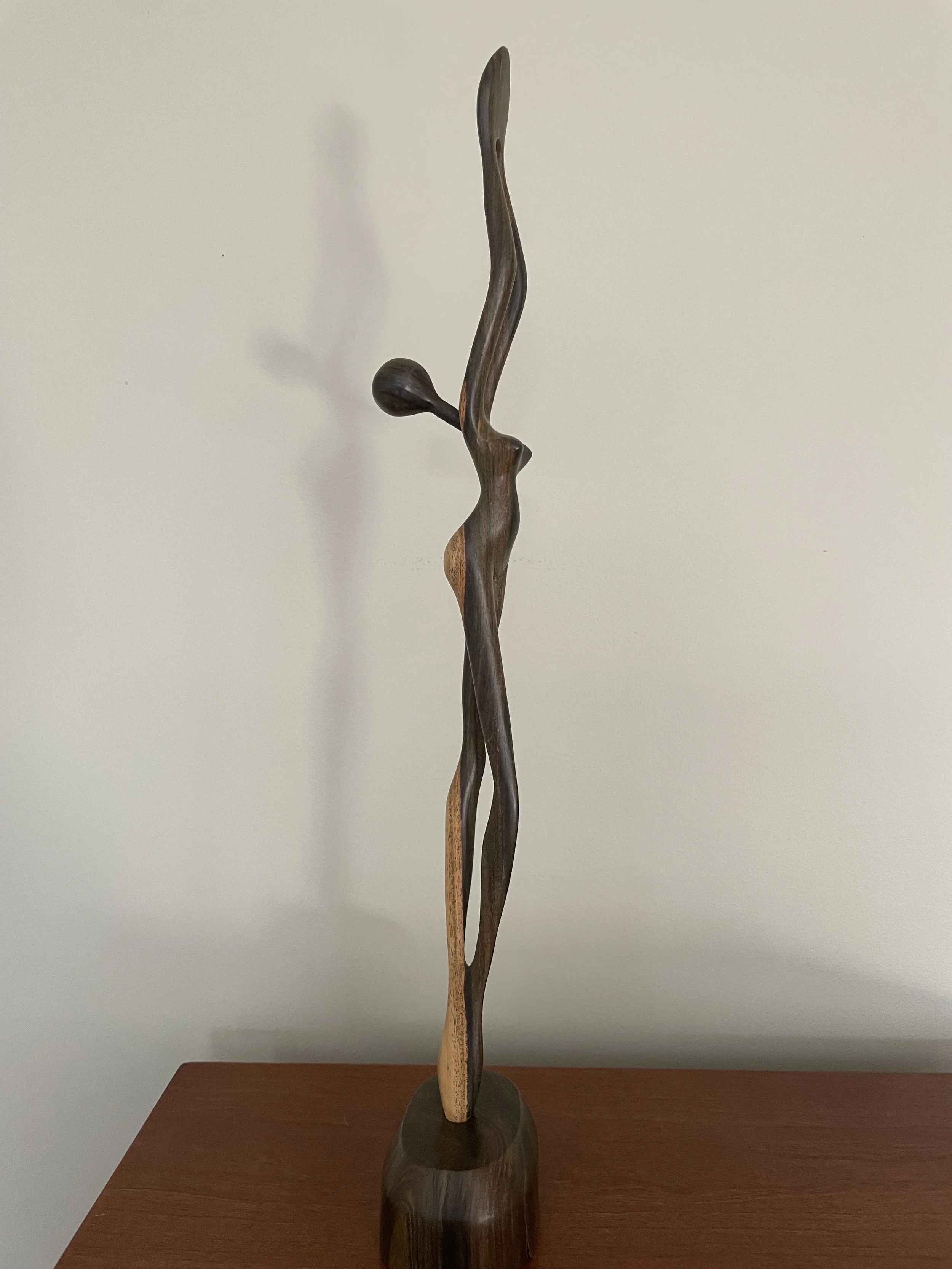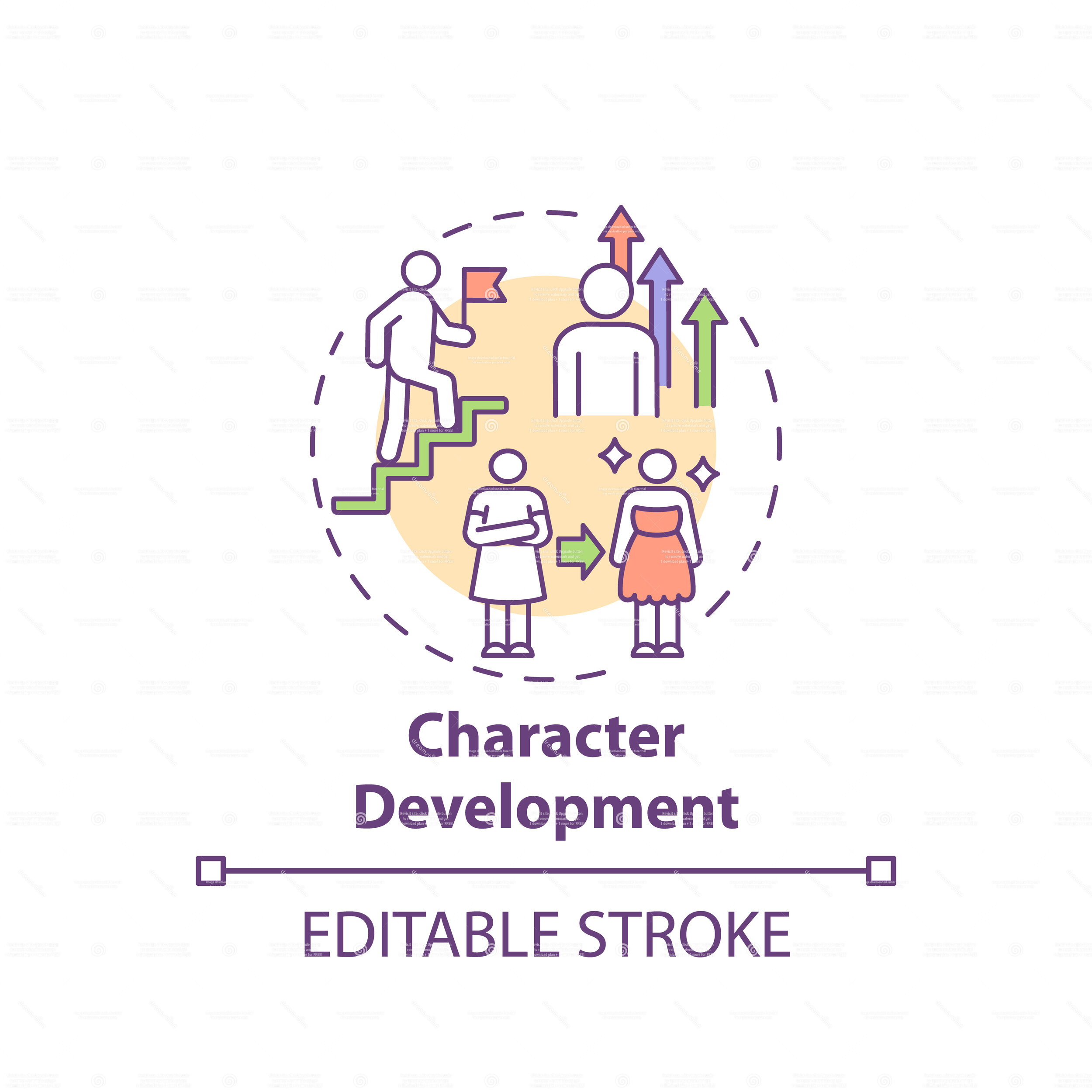Books like these not only help us imagine worst-case scenarios but, hopefully, inspire us to fight against tyranny.
Stuck in the Middle: The Revision Process
A summary of author Laura van den Berg's invaluable advice on novel revision, and reflections on how I am applying it as I work my way through the "murky middle."
A Round-up from The Muse & the Marketplace 2024
A sampling of stand-out quotes from my weekend at the Muse.
Operating the POV Camera
To reduce POV to whether the narrator uses first person (“I”) or third person (“He/she/they”) is deceptively simple, as though POV is a point and shoot camera, when in fact, it’s more like a manual one, with various controls that can be adjusted to alter what the reader sees.
A Glorious Mess
We spend so much time laboring over just the right words to use in our writing, why shouldn’t we be as careful with the words we use about our writing?
Finding Joy in Writing: Lessons from a Residency in Cuba
What accounts for Cubans’ capacity for joy, and what can a writer learn from it?
Prologues in Historical Fiction
The critical questions to ask, when considering whether to include a prologue: Is it necessary? Does it pique the reader’s interest in the main story? Does it provide information the reader needs to know before entering the main story? Could the information be included as a chapter in the main story?
Non-Traditional Pathways to Getting Published
For writers willing to look beyond the traditional path through the major publishing houses, there are many new paths to success.
The Power of Motifs
When a motif works on multiple levels--telegraphing the inner desires or fears of characters, setting mood, and conveying the theme--it can make the story resonate deeply.
Protect the Freedom to Read: Support Your Local Library
The ALA’s Freedom to Read statement emphasizes the librarian’s responsibility for making "available the widest diversity of views and expressions, including those which are unorthodox or unpopular with the majority."
On Praying for Mrs. Mombasa: A Conversation with Doug Brendel
Author Doug Brendel’s latest book, Praying for Mrs. Mombasa, won the 2021-2022 Reader Views Reviewers Choice Award for best book in the humor category.
Shaping the Narrative of History
No one individual or group can shape history. It requires a multitude of voices telling their stories.
Beware the Rabbit Hole
If you enjoy research, it is easy to go down the rabbit hole.
Creating Complex Characters
Nationally recognized family life expert and author Lynne Griffin breaks the psychology of character down in three illuminating ways that can lead to more complex character development.
Celebrating Banned Books Week 2021
On Sunday, September 26, the American Library Association’s annual Banned Books Week officially begins. This year’s theme is “Books Unite Us. Censorship Divides Us.”
Developing Characters in Context
The following prompts offered by professors in the Newport MFA program can help you develop characters in the context of the story you want to tell.
Tips for Writing a Narrative Essay
Writing a “container essay” entails taking a big theme from your life and locating a small story that allows you to explore it.
Operating the POV Camera
Thinking of POV as a camera with settings that can be adjusted gives an idea of the complexity of this vital tool in the writer’s tool-box.
Research Tips for Fiction Writers
Research can be a means to gain new insight or perspective, create subtext and develop themes, and even provide structure.
Scenes and Postcards in Literature
In his article “What Makes Fiction Literary: Scenes vs. Postcards.” Donald Maass posits that while scenes consist of action and move the plot forward, postcards are moments when the author pauses to take a deep dive.



















